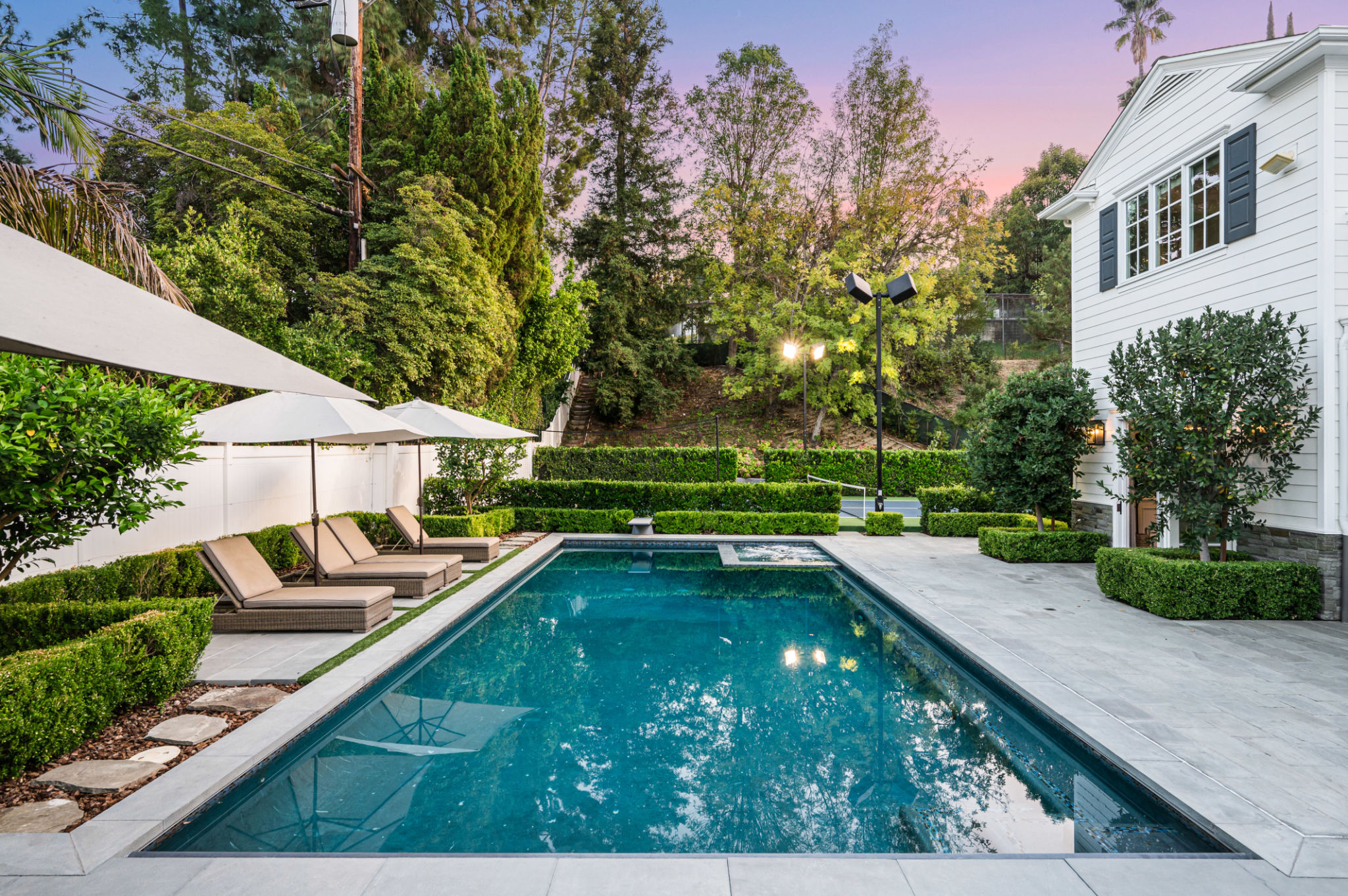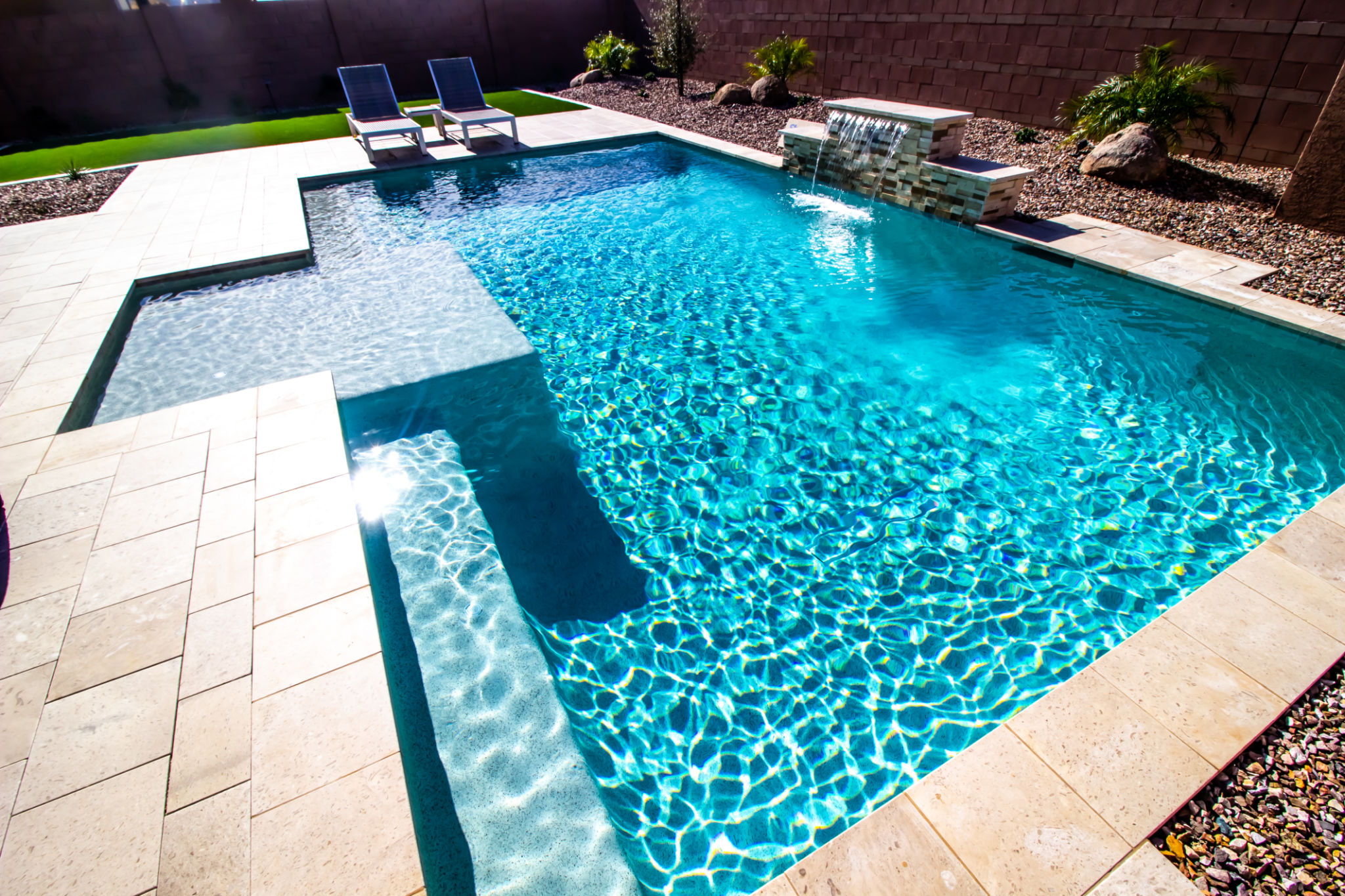Comparing Fiberglass vs. Concrete Pools: Which is Right for Your Backyard?
Introduction to Pool Choices
Deciding to add a swimming pool to your backyard is an exciting venture, but it comes with a crucial decision: what type of pool should you choose? Among the most popular options are fiberglass and concrete pools. Each has its own set of benefits and considerations, making it essential to understand which option suits your lifestyle and budget best.

Durability and Longevity
Fiberglass Pools
Fiberglass pools are known for their durability. Constructed from a single-piece fiberglass shell, these pools are resistant to algae growth and require fewer chemicals, reducing long-term maintenance costs. The smooth surface of fiberglass also prevents abrasions, making it a comfortable option for families.
Concrete Pools
Concrete pools, on the other hand, are renowned for their strength and longevity. They can withstand various weather conditions and can last for decades with proper maintenance. However, they may require resurfacing every 10-15 years to maintain their appearance and integrity.

Design Flexibility
Fiberglass Pools
When it comes to design options, fiberglass pools might offer fewer choices. They are available in pre-designed shapes and sizes, which may limit customization. However, advancements in manufacturing have increased the variety of designs available, providing more options than ever before.
Concrete Pools
If customization is a priority, concrete pools hold the upper hand. They can be crafted into any shape or size, allowing homeowners to create a unique design that fits their backyard perfectly. This flexibility makes concrete an attractive option for those looking for a bespoke aesthetic.

Installation Process
The installation process can vary significantly between fiberglass and concrete pools. Fiberglass pools are typically quicker to install, often taking only a few weeks. Their shells are manufactured off-site and then transported to your home for installation.
Concrete pools require a more extended installation process, often taking several months. This is because they are built on-site from scratch, allowing for the customization that many homeowners desire but also adding to the timeline.
Cost Considerations
The cost of installing a pool is a major consideration for many homeowners. Fiberglass pools usually have a lower initial cost compared to concrete pools. However, they may have limitations in terms of customization and design.
Concrete pools generally have a higher initial price tag due to the labor-intensive installation process and the ability to customize extensively. Yet, this investment often translates into added value for your property due to the personalized nature of the design.

Maintenance Requirements
In terms of maintenance, fiberglass pools are often considered easier to manage. Their non-porous surface means fewer algae problems and reduced chemical usage. This makes them a cost-effective choice in the long run.
Concrete pools require more maintenance due to their porous nature, which can encourage algae growth. Regular cleaning and chemical treatments are necessary to keep these pools in pristine condition, potentially adding to the ongoing costs.
Conclusion
Choosing between fiberglass and concrete pools depends largely on your personal preferences, budget, and backyard space. Fiberglass pools offer quick installation and low maintenance, ideal for those seeking simplicity and efficiency. Concrete pools provide unparalleled customization options and durability, perfect for those willing to invest in a long-term backyard oasis. Consider these factors carefully to ensure you select the pool that best suits your needs.
